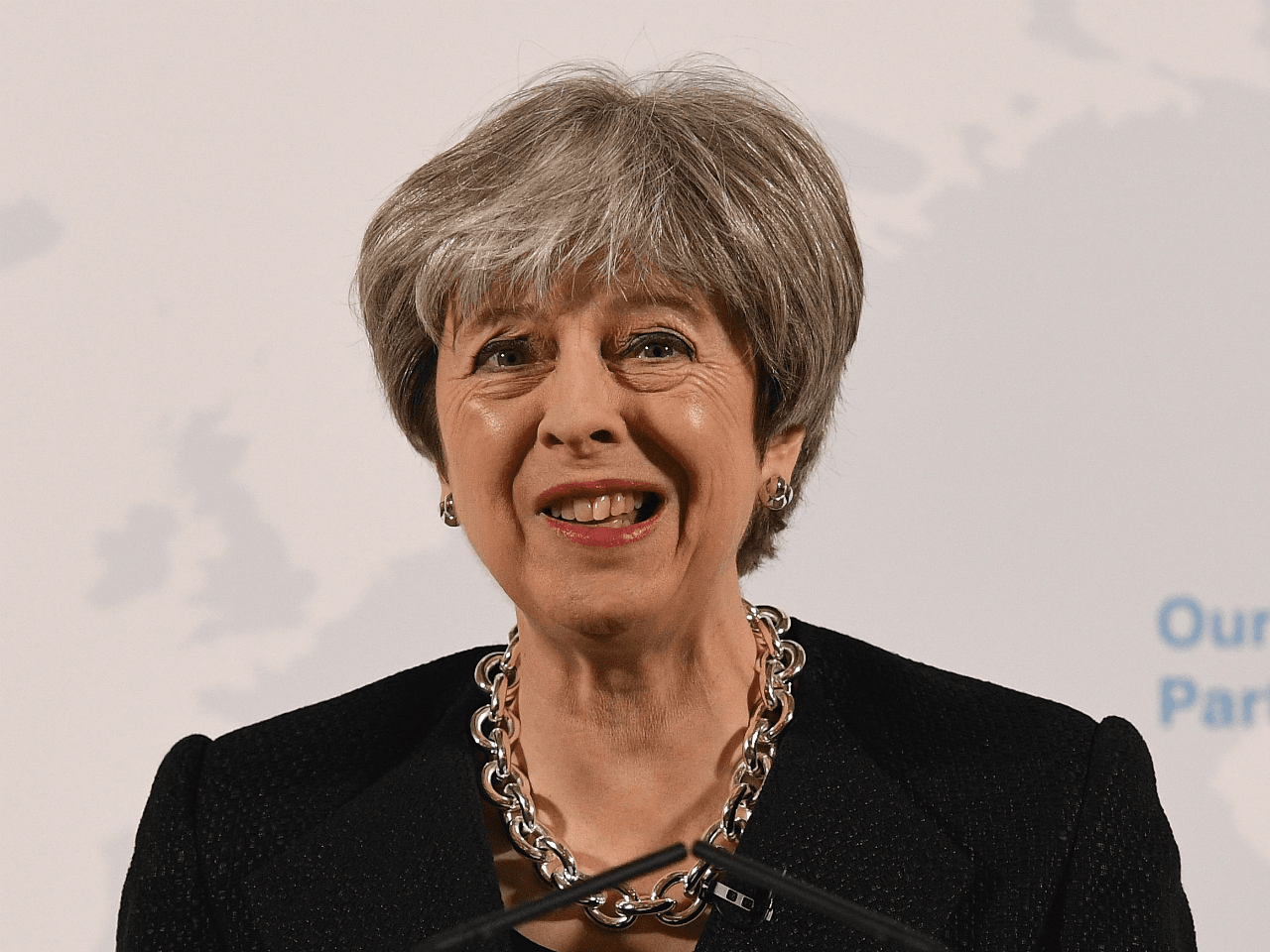Theresa May has insisted the UK will leave the European Union’s (EU) Customs Union and Single Market, but still remain close to many of the bloc’s institutions, rules, and regulations after Brexit.
Much of her latest speech in Mansion House in central London Friday was dedicated to claiming there were many problems and complications inherent in Brexit, providing options for the UK but no clear answer to them.
The Tory Party faithful largely praised her words as moderate and thoughtful, but some stanch Brexiteers were left unsure.
The Prime Minister said she was seeking the most extensive trade deal with the EU as possible, only adding that walking away with a “no deal” was possible when pressed during questions following the speech.
“We’re leaving the Single Market. Life is going to be different,” Mrs. May said in one of the bluntest admissions of the speech, before admitting that access to markets would be “less than it is now”.
“How could the EU’s structure of rights and obligations be sustained if the UK were allowed to enjoy all the benefits without all of the obligations?” she added.
Mrs. May also continued to insist there would be “no hard border in Ireland” but also no sea border in the Irish Sea, despite the EU insisting one must come about. It would be “unacceptable to break up the UK’s own common market”, she said.
The European Court of Justice (ECJ) “will continue to affect us” as we leave the EU, the Prime Minister added, conceding to another of the bloc’s demands. However, she promised its “jurisdiction… in the UK must end” at some point.
Mrs. May denied that the UK was “cherry picking” bits of the EU, and insisted that every trade deal has to be unique. Both the Canada and Norway examples were not suitable for the UK, she added.
Both models were also “inconsistent with commitments that we and the EU have made” in relation to Northern Ireland.
A future deal on access to each other’s markets – whatever it may look like – had to be fair, she said, with the need for some “binding commitments”.
“For example, we may choose to commit some areas of our regulations like state aid and competition to remaining in step with the EU’s.”
She touched on many specific areas, explaining that the UK will not be pursuing passporting rights for financial services, but would want to achieve associate membership of European Medicines Agency, European Aviation Agency, and other agencies.
The UK’s sovereignty, however, would be retained because parliament could always withdraw from these institutions, she claimed.
The Prime Minister also repeated her five tests for a successful Brexit, which were reported Friday morning.
She would ensure to “implement the referendum result, provide an enduring solution, protect our security and prosperity, helps us build the kind of country we want to be, and bring our country together by commanding the confidence of those who voted Leave and Remain”.
